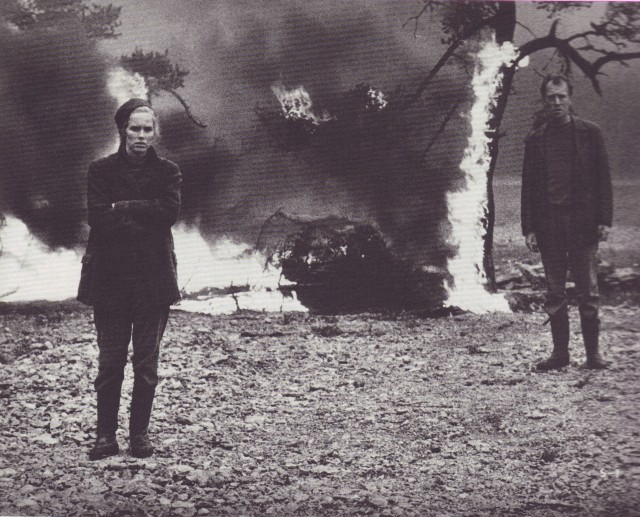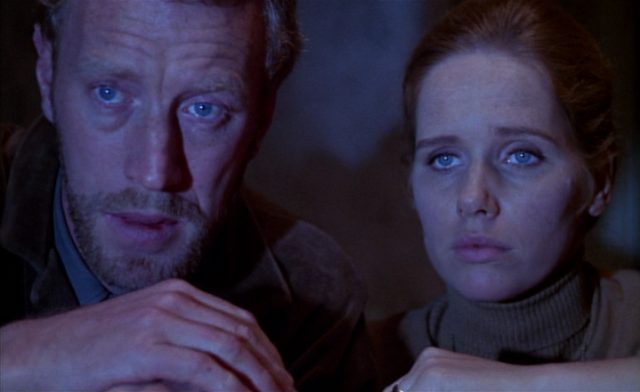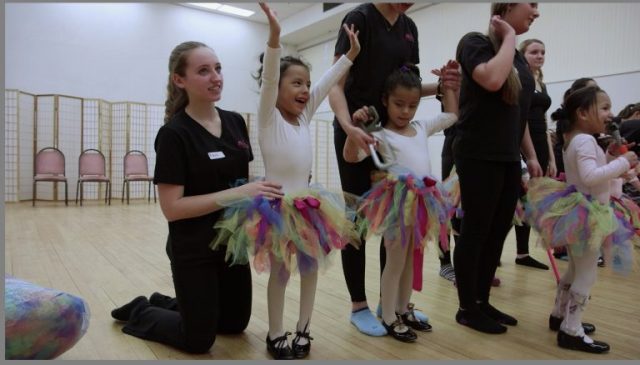
Perfectly Normal for Me premieres this week at the tenth annual ReelAbilities Film Festival
PERFECTLY NORMAL FOR ME (Catherine Tambini, 2017)
Multiple venues
March 9, 11, 12
Festival runs March 8-14
www.jccmanhattan.org
www.perfectlynormalformedoc.com
About halfway through Catherine Tambini’s sweet-natured documentary Perfectly Normal for Me, about a group of young boys and girls who attend Dancing Dreams in Bayside, a nonprofit that teaches children with medical or physical challenges to dance and become leaders, I was already thinking how I was going to start this review; I was going to call the film “inspirational.” But I quickly changed my mind when sixteen-year-old Veronica Siaba says in the movie that they’re all “so sick of being called inspirational for just basically living.” In the sixty-minute film, director and producer Tambini and cinematographer Matt Porwoll follow four kids as they go about their daily life, going to school, playing at home and outside with friends and family, and preparing for the annual Dancing Dreams show: five-year-old Alexandria Vega, eight-year-old Jake Ehrlich, twelve-year-old Caitlin McConnell, and Veronica. The boys and girls who attend Dancing Dreams have such diseases as spina bifida, cerebral palsy, and muscular dystrophy, but they are determined to not let that stop them from dancing. (Alexandria’s twin, Maya, does not have any diseases but is very close to her sister and is allowed to join her; meanwhile, Caitlin’s twin, Allison, who also has no serious muscular ailments, is a Dance Helper.) Some can walk on their own, some need help, and others are confined to wheelchairs — except when at Dancing Dreams. “I didn’t want it to be just another program where they sat in a wheelchair and danced in the wheelchair,” organization founder and physical therapist Joann Ferrara explains. “I wanted everyone who could get up to get up, everyone to do the best and the most they could.” Each child has his or her own Dance Helper, usually a high school student who works with that boy or girl for several years.
Emmy nominee Tambini (The State of Arizona, Farmingville) speaks with several Dance Helpers, including Morgan King, Shirley Huang, Kara O’Connell, and Shi’Ann Ottley Cleveland. “They don’t have to feel different when they come here,” Cleveland says. “They can just be themselves, and that’s why I love it here.” Tambini also meets with Maya and Alexandria’s parents, Laura Ariza and Rene Vega; Jake’s mother, Natalie; and Caitlin’s parents, Steve and Kara, all of whom are dedicated to their children’s health and happiness. One phrase that keeps popping up in describing the children is “strong-willed”; it is clear from the start that these are extraordinary kids who don’t want to be identified merely by their illness, as they have so much more to offer the world. “I just want to be a normal kid. That’s my lifetime goal,” Jake says. “I wouldn’t have it any other way,” Veronica adds. Perfectly Normal for Me is screening in the tenth annual ReelAbilities Film Festival on March 9 at the Marlene Meyerson JCC in Manhattan, March 11 (free with RSVP) at the merged Central Queens Y and the Samuel Field Y and the Cinema Arts Centre in Huntington, and March 12 (free with RSVP) at Lincoln Center’s David Rubenstein Atrium. All shows will be followed by a Q&A with members of the cast and crew. ReelAbilities runs March 8-14 and features a comedy night, dance, a fashion panel, art exhibitions, a puppet show, other special events, and thirty films dealing with disabilities.
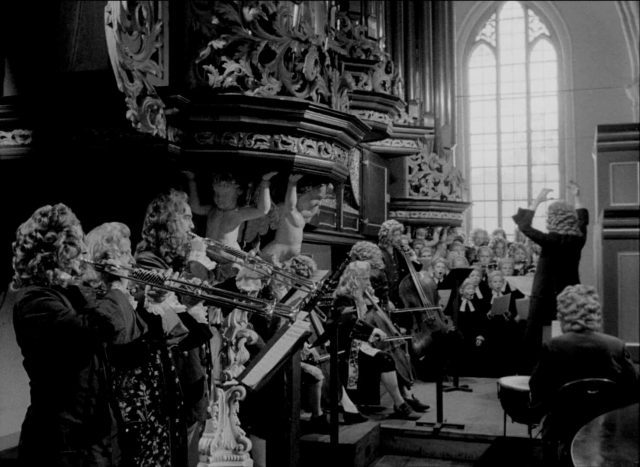
 Jean-Marie Straub and Danièle Huillet’s debut feature, The Chronicle of Anna Magdalena Bach, looks and sounds better than ever in a fiftieth anniversary restoration print that opened at the Quad on March 2. Exquisitely written, directed, and edited by the longtime partners, the film is a multilayered romance made on an exceedingly tight budget, shot in sublime black-and-white and recorded with live music. The life of Johann Sebastian Bach (Dutch musician and conductor Gustav Leonhardt) is told primarily through voiceover narration by his second wife, Anna Magdalena Bach (Christiane Lang, in her only movie), reading selections from her fictionalized journal; the film also includes letters penned by Johann, close-ups of music manuscripts, and concert posters and programs. The vast majority of the film consists of extended performances of Bach works by professional musicians (the Austrian baroque ensemble Concentus Musicus Wien, conducted by Nikolaus Harnoncourt, who plays the prince of Anthalt-Cöthen and sings a solo in the film). The musicians appear onscreen, wearing period costumes and wigs and playing in some of the actual locations where Bach’s compositions were originally heard; in addition, the music was recorded and synced live with the performances, not added in postproduction. There are only a few scenes with dialogue and actors, and they feel somewhat out of place when they appear. The music is simply magnificent, consisting of excerpts and complete versions of such compositions as Brandenburg Concerto No. 5, Suite #1 in D, Magnificat in D major, Cantata BWV 205, the opening chorus of St Matthew Passion, Cantata BWV 42: Sinfonia, Ascension Oratorio, Clavier-Uebung, Goldberg Variations, and the Art of Fugue. There are few cuts within scenes; cinematographers Giovanni Canfarelli Modica, Saverio Diamante, and Ugo Piccone keep their cameras focused and steady, with occasional slow tracking shots.
Jean-Marie Straub and Danièle Huillet’s debut feature, The Chronicle of Anna Magdalena Bach, looks and sounds better than ever in a fiftieth anniversary restoration print that opened at the Quad on March 2. Exquisitely written, directed, and edited by the longtime partners, the film is a multilayered romance made on an exceedingly tight budget, shot in sublime black-and-white and recorded with live music. The life of Johann Sebastian Bach (Dutch musician and conductor Gustav Leonhardt) is told primarily through voiceover narration by his second wife, Anna Magdalena Bach (Christiane Lang, in her only movie), reading selections from her fictionalized journal; the film also includes letters penned by Johann, close-ups of music manuscripts, and concert posters and programs. The vast majority of the film consists of extended performances of Bach works by professional musicians (the Austrian baroque ensemble Concentus Musicus Wien, conducted by Nikolaus Harnoncourt, who plays the prince of Anthalt-Cöthen and sings a solo in the film). The musicians appear onscreen, wearing period costumes and wigs and playing in some of the actual locations where Bach’s compositions were originally heard; in addition, the music was recorded and synced live with the performances, not added in postproduction. There are only a few scenes with dialogue and actors, and they feel somewhat out of place when they appear. The music is simply magnificent, consisting of excerpts and complete versions of such compositions as Brandenburg Concerto No. 5, Suite #1 in D, Magnificat in D major, Cantata BWV 205, the opening chorus of St Matthew Passion, Cantata BWV 42: Sinfonia, Ascension Oratorio, Clavier-Uebung, Goldberg Variations, and the Art of Fugue. There are few cuts within scenes; cinematographers Giovanni Canfarelli Modica, Saverio Diamante, and Ugo Piccone keep their cameras focused and steady, with occasional slow tracking shots.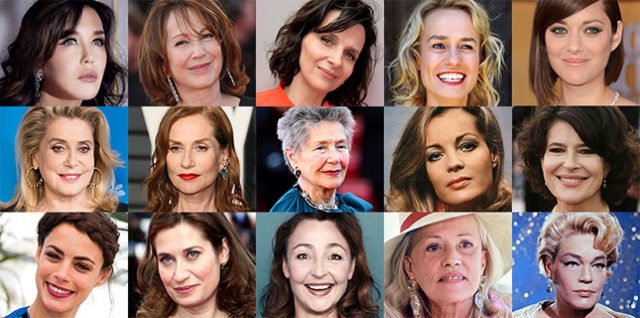

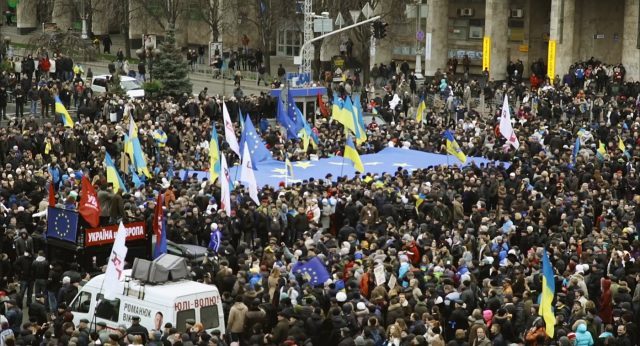
 This past December, I saw
This past December, I saw 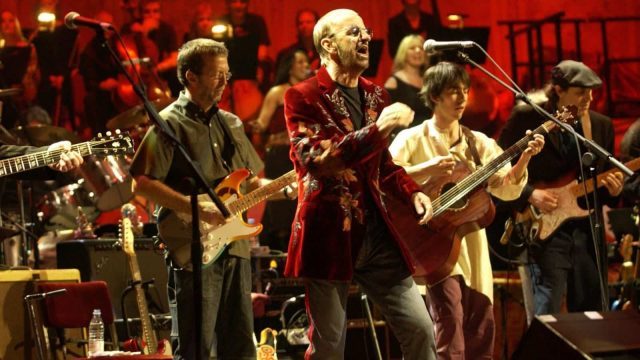
 On November 29, 2002, on the first anniversary of the death of George Harrison from lung cancer at the age of fifty-eight, friends and relatives of the Quiet Beatle gathered at London’s Royal Albert Hall for a tribute concert and fundraiser. Concert for George was captured on film by director David Leland and hit movie theaters in October 2003; it has now been remastered in 2K and 5.1 Stereo Surround Sound and is being rereleased on February 27 in honor of what would have been Harrison’s seventy-fifth birthday (on February 25). The stellar event was organized by Harrison’s longtime close friend Eric Clapton, with the support of Harrison’s widow, Olivia, and son, Dhani, who was onstage playing the guitar through the whole show. Among other musicians participating were Paul McCartney, Ringo Starr, Jeff Lynne, Tom Petty and the Heartbreakers, Billy Preston, Ravi Shankar, Anoushka Shankar, and Joe Brown, performing songs from Harrison’s career as a Beatle and a solo artist. It’s a real treat because many of these songs had never been played live by Harrison; the Beatles stopped touring in 1966, and Harrison avoided the road except for a problematic tour in 1974 and a brief visit to Japan in 1991. And through it all, large-scale photos of Harrison look down from above, taking in the festivities.
On November 29, 2002, on the first anniversary of the death of George Harrison from lung cancer at the age of fifty-eight, friends and relatives of the Quiet Beatle gathered at London’s Royal Albert Hall for a tribute concert and fundraiser. Concert for George was captured on film by director David Leland and hit movie theaters in October 2003; it has now been remastered in 2K and 5.1 Stereo Surround Sound and is being rereleased on February 27 in honor of what would have been Harrison’s seventy-fifth birthday (on February 25). The stellar event was organized by Harrison’s longtime close friend Eric Clapton, with the support of Harrison’s widow, Olivia, and son, Dhani, who was onstage playing the guitar through the whole show. Among other musicians participating were Paul McCartney, Ringo Starr, Jeff Lynne, Tom Petty and the Heartbreakers, Billy Preston, Ravi Shankar, Anoushka Shankar, and Joe Brown, performing songs from Harrison’s career as a Beatle and a solo artist. It’s a real treat because many of these songs had never been played live by Harrison; the Beatles stopped touring in 1966, and Harrison avoided the road except for a problematic tour in 1974 and a brief visit to Japan in 1991. And through it all, large-scale photos of Harrison look down from above, taking in the festivities.